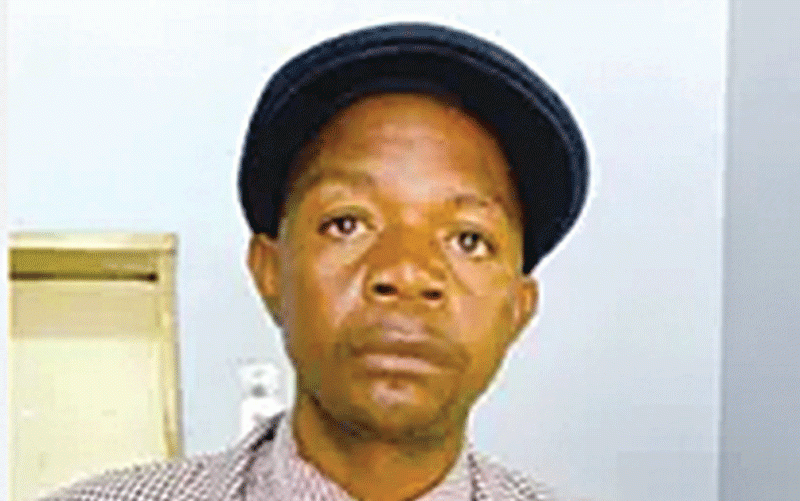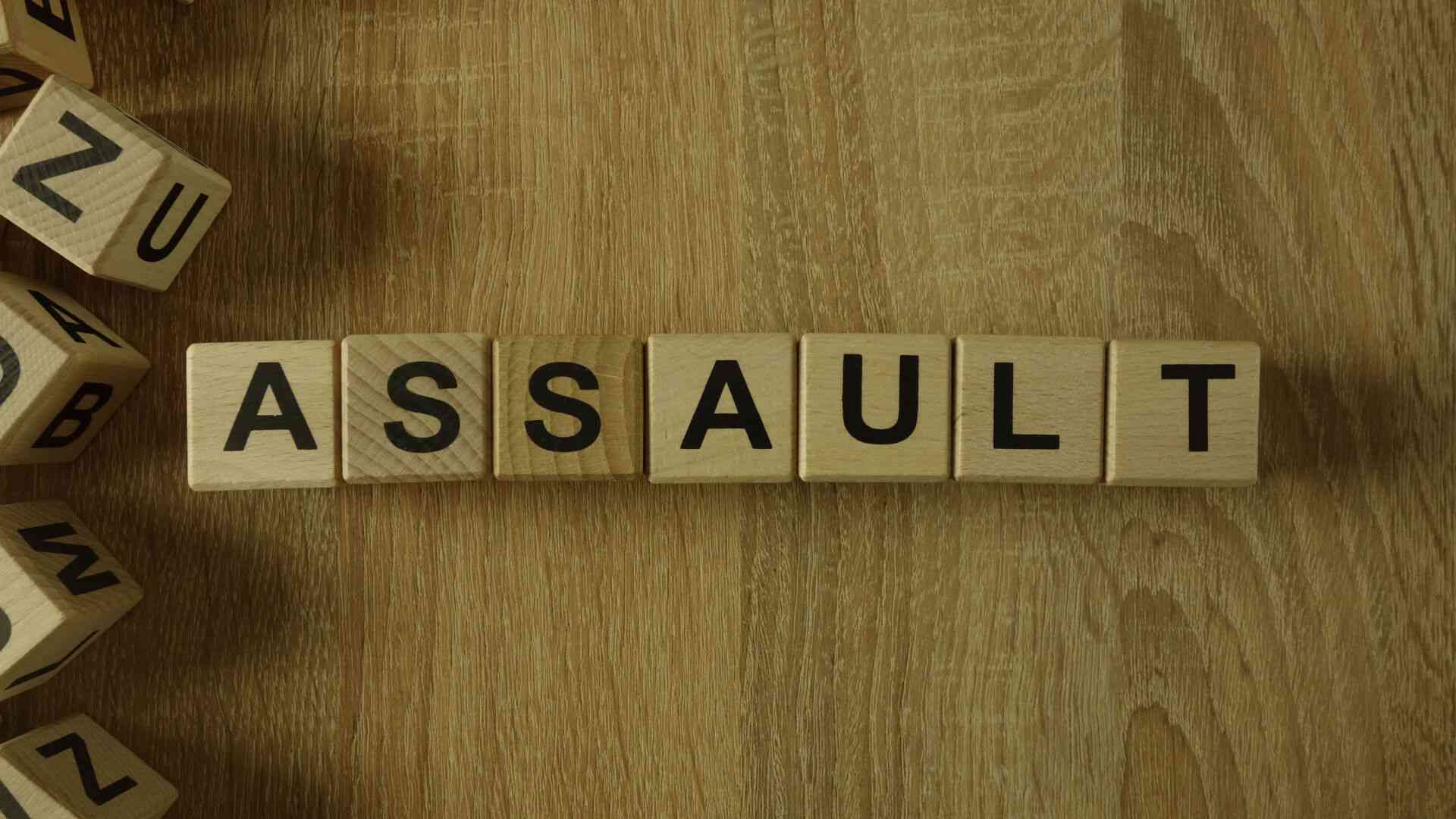
THE Private Member’s Bill introduced by the self-appointed King Munhumutapa has angered people in the Matabeleland region opposed to the move arguing that they have their own monarchs.
Munhumutapa’s Bill seeks to amend section 283 of the Constitution of Zimbabwe and transfer powers of appointing traditional leaders from the Minister of Local Government to him.
The controversial Bill was tabled in Parliament recently, sparking an outrage from Matabeleland.
If it succeeds, the Bill will see Timothy Chiminya, who has imposed himself as King Munhumutapa and it was endorsed by the courts, having sole powers to appoint chiefs across the country.
Chiminya argues that the Munhumutapa Kingdom represents a significant part of the historical governance structure of Zimbabwe, with roots deeply embedded in the region’s traditions, customs and heritage.
He is seeking Parliament to enact the law to be cited as the Amendment of Section 283 of the Constitution Act and come into operation on a date fixed by the President by notice in the Government Gazette.
However, stakeholders in Matabeleland said it was grossly wrong to seek to have only one king to appoint traditional leaders when there were other monarchs, especially in their province where King Mzilikazi and Mambo ruled.
Human rights advocate Effie Ncube said on the contrary, a High Court order cannot amend the Constitution as that would be beyond its powers.
- Revisiting Majaivana’s last show… ‘We made huge losses’
- Edutainment mix: The nexus of music and cultural identity
- ChiTown acting mayor blocks election
- Promoter Mdu 3D defends foreigners 30 minute set
Keep Reading
“How then does one seek to transfer constitutional powers from a constitutional office to a non-existent office? The first thing is to create offices of kings given the cultural diversity and multiplicity of cultural practices in the country.
“Our Constitution recognises the right of Zimbabweans to practise their different cultures and therefore whatever amendments to the constitution should be built on this constitutional imperative which is an integral part of our Bill of Rights,” he said.
Ncube said there was no single Zimbabwean culture over which one person, by whatever title they may be known, can preside, nor was there a superior culture to which all must submit.
“If the appointment of chiefs is constitutionally taken away from the President through an amendment to section 283 of the Constitution, then that power should go to kings and not a king.
“Chiefs are appointed in terms of the specific traditions, customs and cultural practices of their communities,” Ncube said.
Public policy practitioner, politician and analyst Samukele Hadebe also questioned if Zimbabwe was to allow a self-imposed king to hijack the country.
“Are we to allow a self-appointed someone because of a claim based on self-defined cultural heritage or supposed royal lineage without any consent of citizens to run the affairs of our traditional leaders including appointing them?
“I do not think Zimbabweans have sunk to those low levels to sacrifice their hard won right to govern themselves at the altar of cultural expediency.
“The one to benefit from this amendment is the same person that the Local Government minister has publicly dismissed not just as an impostor, but doing what is outside the law.”
Development practitioner and Rural Community Empowerment Trust deputy chairperson Thembelani Dube said the whole Bill smacks of a pre-planned grand plan to promote the ascendancy of one tribe at the expense of others.
“Zimbabwe is a multi-tribal, multi-ethnic and multi-cultural nation. In that regard the bill must have been phrased as: the Bill seeks to affirm the role of traditional institutions in Zimbabwe's governance and provide the rightful authority of the Kings of the different Kingdoms in Zimbabwe in appointing traditional leaders in their jurisdictions,” Dube said.
Bulawayo senior resident and retired educationist, Ben Moyo, said the bill is yet another attempt by Zanu PF to smuggle in unconstitutional issues.
“The Constitution is clear. There is no provision for monarchs. The Khumalos could not install a Ndebel King because they were told there is no constitutional provision for a monarch,” Moyo said.
“I also find it strange that when Munhumutapa went to court, he won the judgement by default because the ministry did not contest his allegations but just issued a press statement.”










